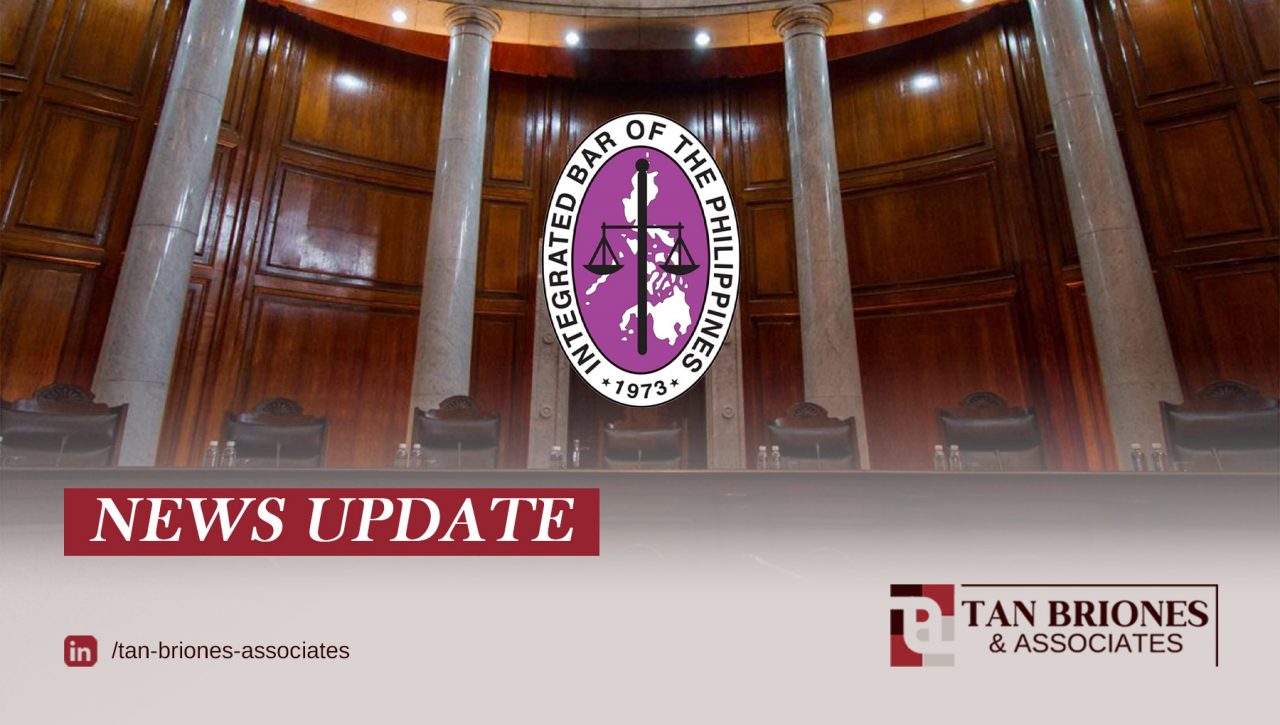
In support of the Supreme Court’s (SC) ruling in Duterte v. House of Representatives, the Integrated Bar of the Philippines (IBP) has affirmed the judiciary’s authority to review impeachment proceedings and cautioned against public calls to reject the Court’s decision.
In a statement released through its Office of the National Director for Communications, the IBP emphasized that judicial review remains a cornerstone of the country’s constitutional system, even in politically sensitive matters such as impeachment.
The statement, issued under the authority of the IBP’s 27th Board of Governors, underscored the importance of respecting the balance of powers among the branches of government.
The SC earlier nullified the Articles of Impeachment against Vice President Sara Duterte, ruling that the fourth impeachment complaint—signed by more than one-third of the House of Representatives—violated constitutional rules on the timing and process of such complaints.
The ruling sparked political backlash from some lawmakers and groups who questioned the Court’s authority to interfere in impeachment proceedings.
The IBP, however, stressed that recognizing the Court’s constitutional mandate does not diminish the role of the House of Representatives but reinforces the accountability mechanisms built into the legal system.
“To uphold the Constitution is to uphold each of its mandates equally—whether judicial, legislative, or executive,” the statement read.
“We therefore recognize and respect the exclusive power of the House of Representatives to initiate impeachment, just as we acknowledge the Supreme Court’s solemn duty to interpret the Constitution and resolve legal uncertainties,” it furthered.
The IBP also warned against attempts to undermine the Court’s authority, saying that open calls for its defiance threaten the stability of democratic institutions.
While dissent is a natural and necessary part of democracy, the IBP noted, adherence to legal processes is fundamental.
“If every adverse ruling becomes an invitation to disobey, the law ceases to be a constraint on power and becomes its casualty,” the group said.
Follow Tan Briones & Associates on LinkedIn for more legal updates and law-related articles.







